Ideally, in a truly federal system, the Sharia legal system practised in northern Nigeria – and not in southern Nigeria – shouldn’t be an issue. But this is not the case, as some argue that the constitution itself is not fair to some religions.
Some Christian leaders argued, profusely, in the last national conference that the constitution of Nigeria did not have any mention of Christianity or the Church, but had Islam repeatedly mentioned.
In fact, one of the Christian leaders at the conference thrilled the conference with his statistics. He stated that in the 1999 constitution, Sharia was mentioned 73 times, Grand Khadi 54 times, Islam 28 times, and Muslims 10 times. But that there was no single mention of Christ, Christian, Christianity or Church.
But this conclusion, by some members of CAN at the conference, was strongly refuted by a retired Justice of the Supreme Court, Argungu Usman Mohammed. Mohammed argued that the common law introduced by the British is nothing but a Christian document.
Advertisement
These arguments reinforce the notion that Nigeria’s constitution is not generally accepted and is not binding. In that conference, these Christian leaders, who still believe that the constitution is skewed, watered the seed for a Christian court.
And the present National Assembly has decided to take this proposal further. By insisting on a Christian court – apparently because the Muslims have Sharia Courts – the sponsors of this bill seem to argue that what’s good for the goose should be good for the gander.
But the Nigerian Supreme Council for Islamic Affairs (NSCIA) sees this attempt to establish a Christian court— which has passed second reading in the House of Representatives — as a recipe for anarchy.
Advertisement
NSCIA secretary-general and registrar of Jamb, Prof Is-haq Oloyede, argues that the demand for a Christian court amounts to intolerance on the part of the sponsors. He argues that Christians enjoy Sunday as Sabbath Day and that the cross – which is a Christian symbol –is used as a symbol for most hospitals. Yet, in his view, Muslims aren’t complaining.
But the erudite scholar refused to address the main issues. Instead, resorted to arguments that have been overstretched.
Though the Red Cross was original established as a universal symbol to identify medics during wars and conflicts, some health signs have been modified to include the a crescent and a cross. This modification seems to carry the two major religions along.
And should Wednesday – as against Sunday — be made a work-free day as argued by Oloyede, we would be lagging behind major economies of the world. How? Since major stock exchanges and markets are open on Wednesdays and are closed on Saturdays and Sundays, insisting that Wednesdays are made work-free days might not augur well for the economy of the country.
Advertisement
But these arguments are childish. The real problem is the question of true federalism – and the consequences of not allowing a people to make their own laws, especially when they are a majority in a locality.
For instance, since the so-called federal constitution allowed a religious court, any religion ought to have the right to advocate for its own religious courts.
But this has some implications. Should Christians have their way in establishing Christian courts, what happens to adherents of other religions who might not consider themselves as either Christians or Muslims?
What about the legality of religious courts? Many argue that with the provisions of the present constitution on Sharia, the constitution gives room for states to adopt a religion as its religion. (Nigeria’s constitution postulates that no government should adopt any religion as state or local religion.)
Advertisement
One thing is clear in all these: all the distrust and religious related crimes in Nigeria will not go away if the present constitution is not ‘rewritten’ in a way that would carry all Nigerians along.
On the war on terror
Advertisement
Despite the genuine efforts that have been put in eradicating Boko Haram, a recent research note by SBM intelligence, a Lagos-based research firm, shows that this dreaded sect is still ‘waxing strong’.
In its note, SBM Intelligence posits that the ideology that caused Boko Haram to fester can still find ‘’breeding grounds in the minds of those who believe its motives and ways, implying that even without a vibrant mode of expressing the vices and activities, individual elements will carry on the gospel and spread the ideology’’. SBM says this particular reason makes insurgencies to last generations before been subdued.
Advertisement
On this note, I urge the President to also focus on killing this ideology as he intensifies Nigeria’s military might against terror.
Advertisement
Views expressed by contributors are strictly personal and not of TheCable.
2 comments

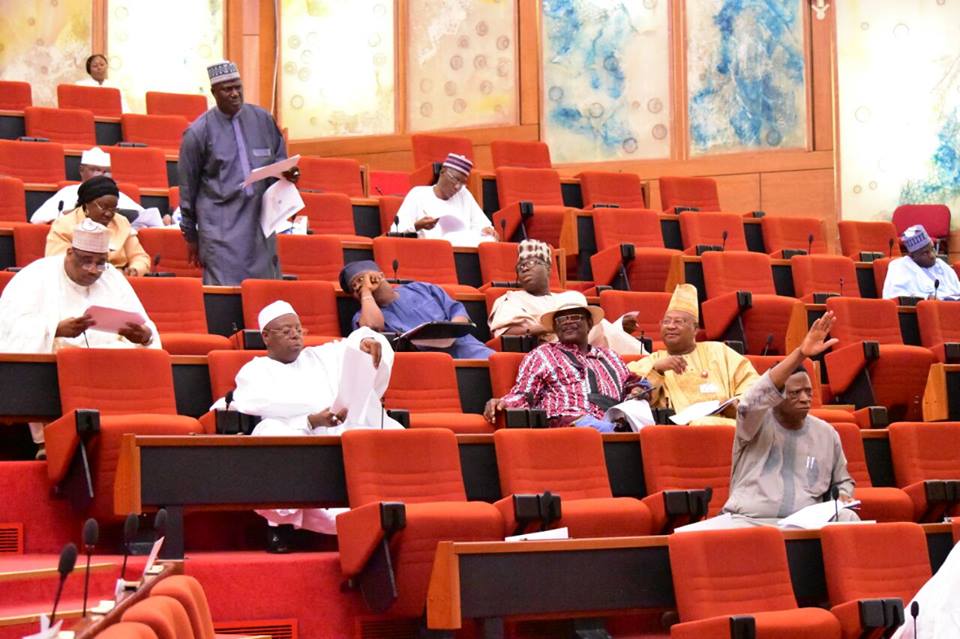
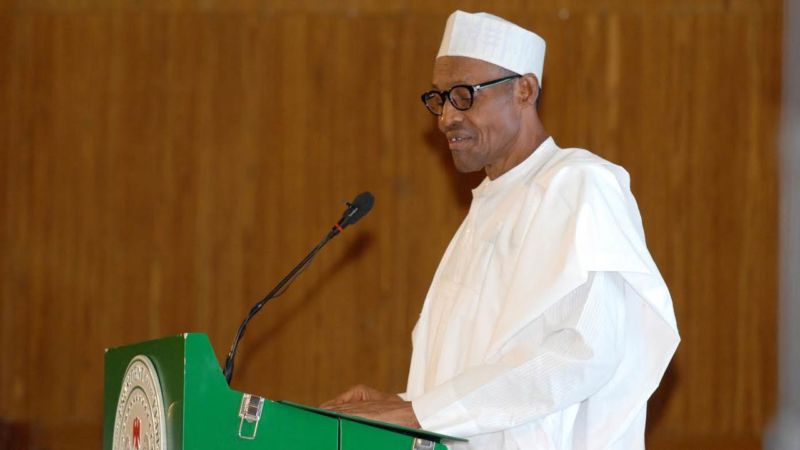
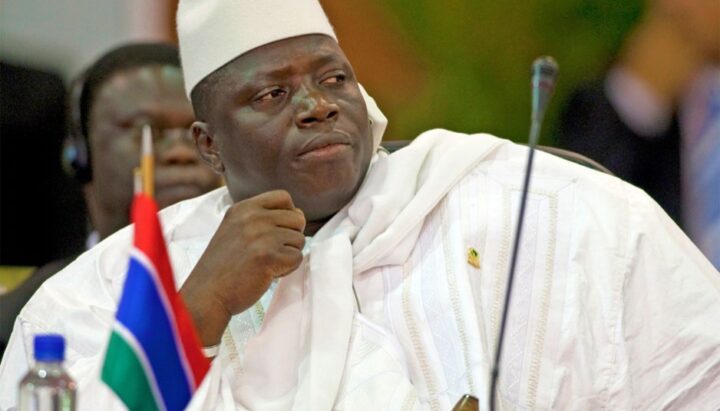
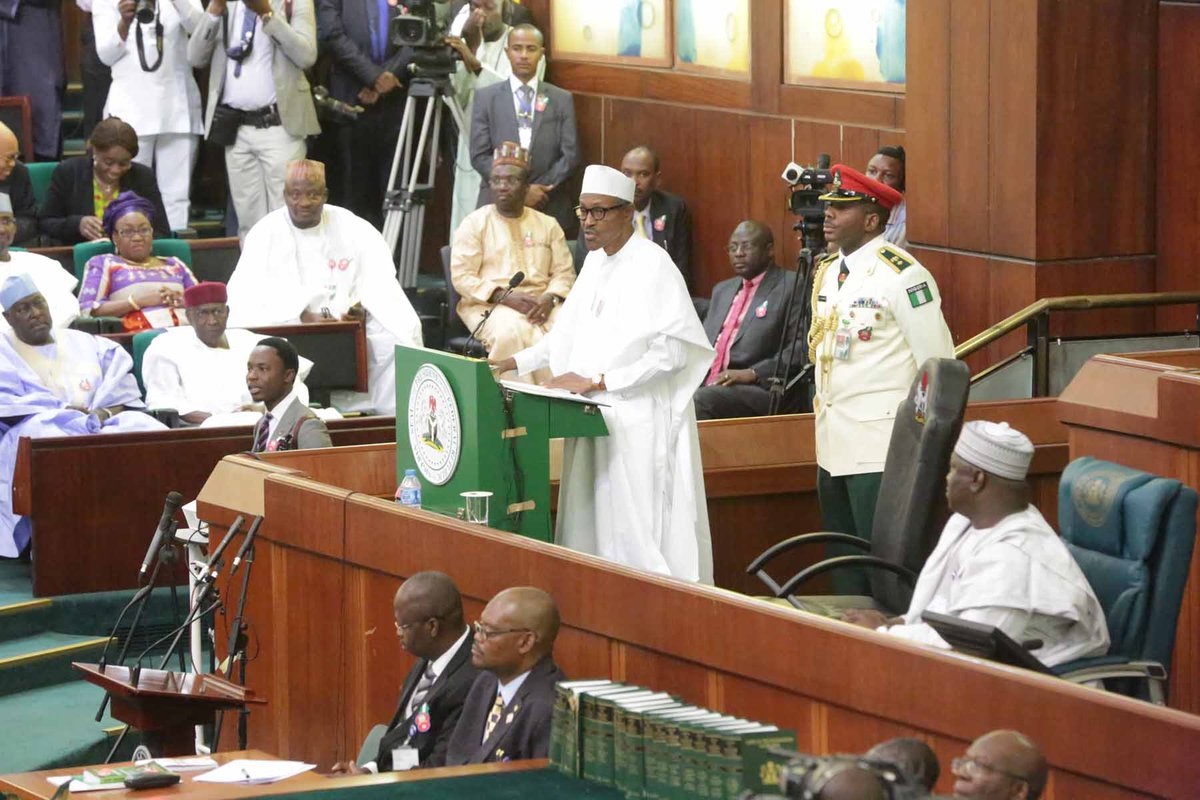
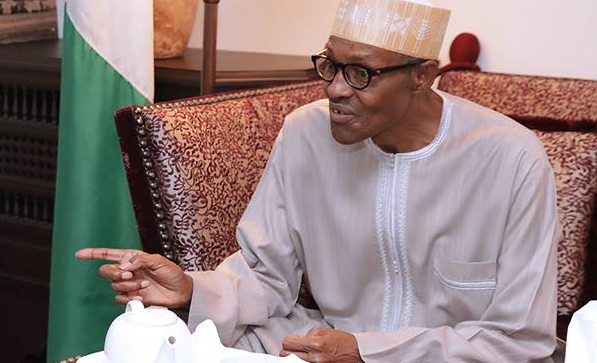
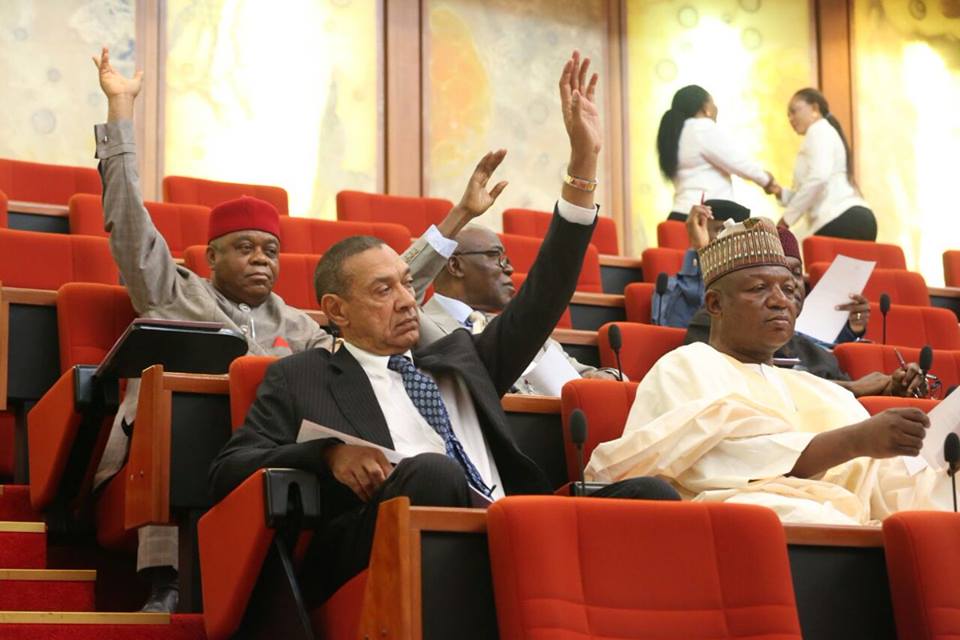

It had been noted times without number by fine minds in this country that only true federalism would straighten the country and nothing else. But wickedness and injustice will continue to cripple the country and not recession.Selfishness and greed will not allow the eli tes to do the right thing.
Nigeria is like a household being run by kids. Someday we would grow up, hopefully.